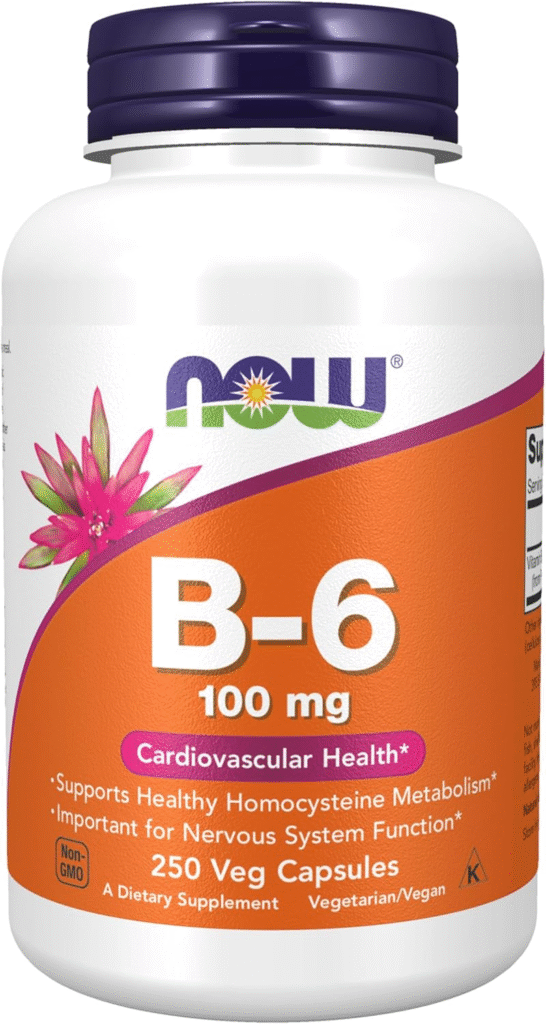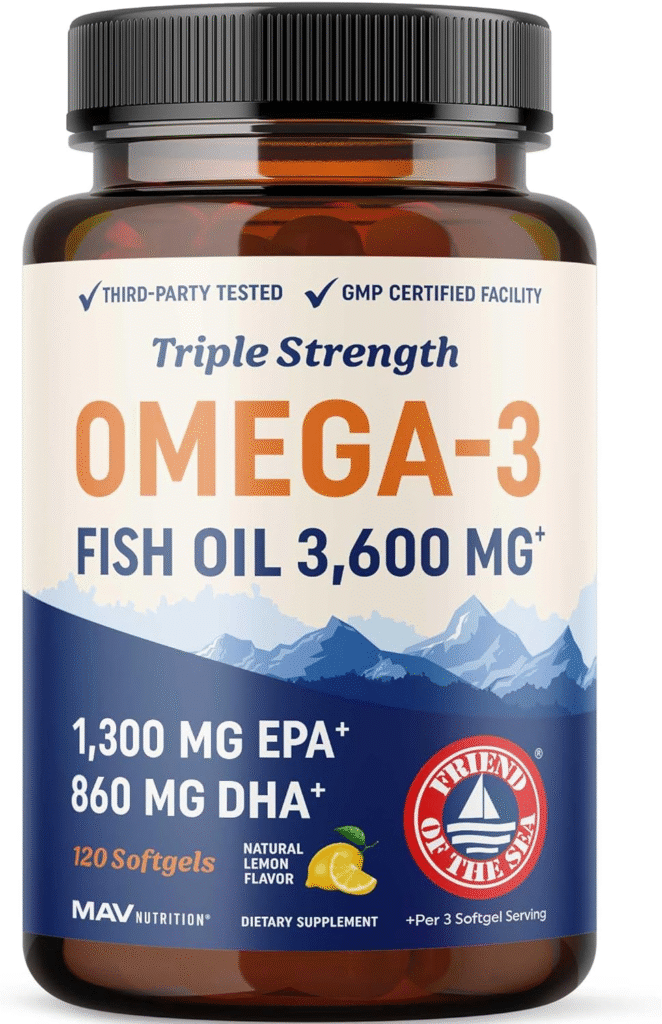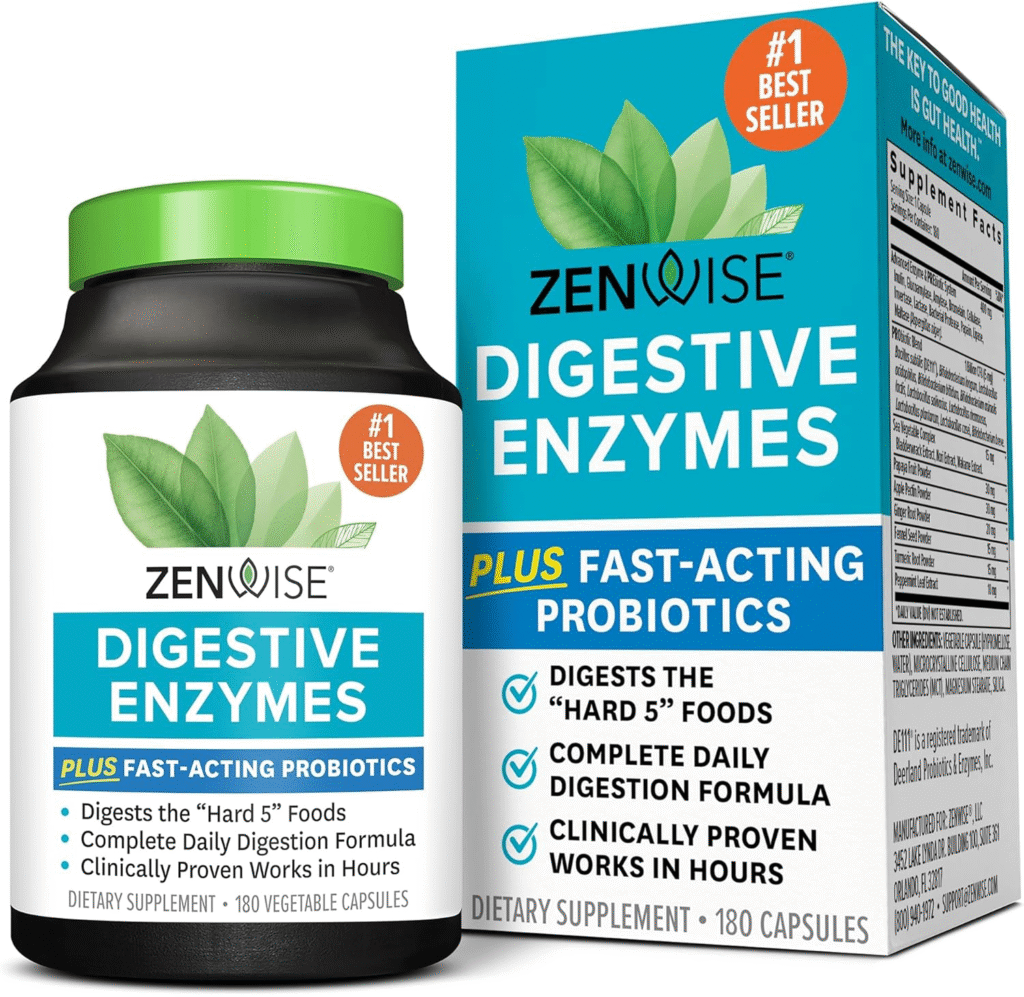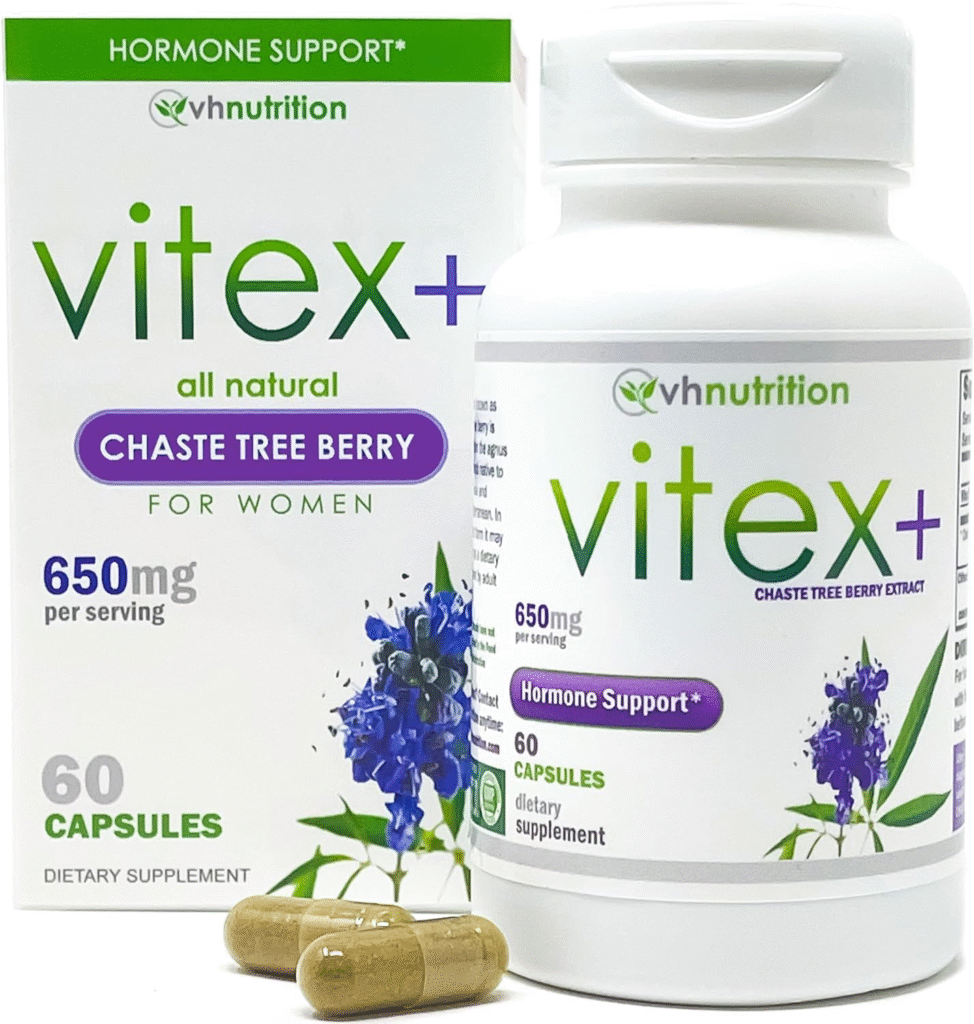Understanding Hormonal Bloating: The Key to Lasting Relief
Hormonal bloating affects millions of people, particularly women, causing discomfort and frustration. This guide explores the intricate relationship between hormones and gut health, offering practical strategies to reduce bloating and improve overall well-being.
The Intricate Dance of Hormones and Gut Health
Our bodies operate as complex systems where hormones play a crucial role in regulating various functions, including digestion. Estrogen, progesterone, and cortisol are key players in this hormonal orchestra, each influencing our digestive processes in unique ways.
Estrogen influences fluid retention and gut motility. When estrogen levels rise, you may experience increased water retention and slower digestion, contributing to that bloated feeling.
Progesterone can slow down digestion when its levels drop, which often occurs just before menstruation.
Cortisol, our primary stress hormone, can disrupt digestive function when chronically elevated by altering gut permeability and promoting inflammation.
Understanding these connections highlights the importance of hormone balance in managing bloating. Let’s explore lifestyle changes that can help restore this balance and reduce hormonal bloating.
Nourishing Your Body: The Anti-Bloat Diet
What you eat significantly impacts hormonal bloating. An anti-inflammatory diet rich in whole foods can work wonders for reducing discomfort and promoting overall gut health.
1. Embrace Fiber-Rich Foods
Vegetables, fruits, and whole grains help regulate digestion and feed useful gut bacteria. However, it’s important to introduce these foods gradually to avoid initial bloating.
Start by adding small portions of fiber-rich foods to your meals and slowly increase the amount over time.
Some excellent high-fiber options include:
- Leafy greens like spinach and kale
- Berries such as raspberries and blackberries
- Whole grains like quinoa and brown rice
- Legumes such as lentils and chickpeas
2. Prioritize Lean Proteins
Chicken, fish, and plant-based proteins like lentils and chickpeas help balance blood sugar and reduce insulin spikes, which can contribute to hormonal imbalances. Aim to include a source of lean protein with each meal.
Some protein-rich foods to consider:
- Skinless chicken breast
- Wild-caught salmon
- Tofu or tempeh
- Greek yogurt
3. Include Healthy Fats
Avocados, nuts, and olive oil contain essential fatty acids that support hormone production and reduce inflammation. These healthy fats also help you feel satiated, potentially reducing overeating that can lead to bloating.
Try incorporating these healthy fats into your diet:
- Drizzle extra virgin olive oil on salads
- Add sliced avocado to sandwiches or smoothies
- Snack on a handful of almonds or walnuts
- Use coconut oil for cooking
4. Experiment with Fermented Foods
Yogurt, kefir, and sauerkraut introduce useful probiotics to your gut, supporting digestive health and potentially reducing bloating. These foods can help balance your gut microbiome, which plays a crucial role in hormone regulation.
Some fermented foods to try:
- Plain, unsweetened yogurt
- Kombucha
- Kimchi
- Miso
5. Stay Hydrated
Adequate water intake helps flush out excess sodium and reduce water retention. Aim for at least 8 glasses a day, more if you’re active.
Proper hydration supports overall digestive function and can help reduce constipation, which often contributes to bloating.
Tips for staying hydrated:
- Keep a reusable water bottle with you throughout the day
- Flavor water with slices of lemon, cucumber, or mint for variety
- Eat water-rich foods like watermelon and cucumbers
- Set reminders on your phone to drink water regularly
Pro Tip: Keep a food journal to identify trigger foods that may be exacerbating your bloating. Everyone’s body responds differently to various foods, so what works for one person might not work for another.
Pay attention to how your body feels after eating certain foods and adjust your diet accordingly.
The Importance of Movement: Exercise for Hormonal Balance
Regular physical activity is a powerful tool for managing hormonal bloating. Exercise helps regulate hormone levels, improve digestion, and reduce stress.
Here’s how to incorporate movement into your routine:
1. Engage in Moderate Aerobic Exercise
Activities like brisk walking, cycling, or swimming for 30 minutes a day can help balance hormones and reduce bloating. These exercises improve circulation, which can help with reducing fluid retention and promoting healthy digestion.
Try to find activities you enjoy, as you’re more likely to stick with them long-term. Consider joining a local sports team or fitness class to add a social element to your exercise routine.
2. Try Yoga
Certain yoga poses can aid digestion and reduce stress. Poses like Cat-Cow, Twisted Chair, and Child’s Pose can be particularly useful for alleviating bloating and promoting relaxation.
Here’s a simple yoga sequence to try:
- Start in Cat-Cow pose, moving with your breath for 1-2 minutes
- Move into Downward Facing Dog for 5-10 breaths
- Step forward into a low lunge, twisting towards your front leg
- Return to Downward Facing Dog and repeat on the other side
- Finish in Child’s Pose for 1-2 minutes
3. Incorporate Strength Training
Building muscle mass can improve insulin sensitivity and help balance hormones. Aim for at least two strength training sessions per week.
You don’t need fancy equipment or a gym membership to get started, bodyweight exercises like squats, push-ups, and lunges can be highly effective.
A sample strength training routine:
- 3 sets of 10-12 squats
- 3 sets of 10-12 push-ups (modify on knees if needed)
- 3 sets of 10-12 lunges on each leg
- 3 sets of 30-second planks
4. Focus on Core Exercises
Exercises that target your abdominal muscles can improve posture and potentially reduce the appearance of bloating. Core strength also supports overall digestive health by promoting proper alignment of internal organs.
Try this core-focused workout:
- 3 sets of 15-20 crunches
- 3 sets of 10-15 bicycle crunches on each side
- 3 sets of 30-second side planks on each side
- 3 sets of 10-15 leg raises
Consistency is key when it comes to exercise. The goal is to create a sustainable lifestyle change, not a temporary fix.
Start with small, achievable goals and gradually increase the intensity and duration of your workouts as your fitness improves.
Stress Management: A Crucial Piece of the Puzzle
Chronic stress can disrupt hormone balance and exacerbate bloating. Implementing stress-reduction techniques can make a significant difference in managing hormonal bloating and improving overall well-being.
1. Practice Mindfulness Meditation
Even just 10 minutes a day of mindfulness meditation can help reduce cortisol levels and improve your body’s stress response. Find a quiet space, sit comfortably, and focus on your breath.
When your mind wanders (which it will), gently bring your attention back to your breath without judgment.
To get started with meditation:
- Download a meditation app like Headspace or Calm
- Start with guided meditations to help you stay focused
- Set a regular time each day for your practice
- Be patient with yourself, meditation is a skill that improves with time
2. Try Deep Breathing Exercises
Techniques like diaphragmatic breathing can activate your body’s relaxation response and potentially improve digestion. Here’s a simple deep breathing exercise to try:
- Sit or lie comfortably
- Place one hand on your chest and the other on your belly
- Breathe in slowly through your nose, feeling your belly rise
- Exhale slowly through your mouth, feeling your belly fall
- Repeat for 5-10 minutes
3. Prioritize Sleep
Aim for 7-9 hours of quality sleep each night. Good sleep hygiene can help regulate hormone levels and reduce stress.
To improve your sleep:
- Stick to a consistent sleep schedule, even on weekends
- Create a relaxing bedtime routine
- Keep your bedroom cool, dark, and quiet
- Avoid screens for at least an hour before bed
- Limit caffeine and alcohol, especially in the evening
4. Consider Adaptogenic Herbs
Herbs like ashwagandha and rhodiola may help your body manage stress more effectively. These adaptogenic herbs have been used for centuries in traditional medicine to promote balance and resilience in the face of stress.
However, always talk to a healthcare provider before starting any new supplement regimen. While these herbs are generally considered safe, they can interact with certain medications and may not be suitable for everyone.
Lifestyle Tweaks for Hormonal Harmony
Beyond diet, exercise, and stress management, several other lifestyle changes can help reduce hormonal bloating:
1. Limit Alcohol and Caffeine
Both alcohol and caffeine can disrupt hormone balance and contribute to dehydration, potentially worsening bloating. If you choose to consume these beverages, do so in moderation.
Try limiting yourself to one alcoholic drink per day (or less) and no more than 1-2 cups of coffee.
Consider replacing some of your coffee or alcoholic drinks with herbal teas. Peppermint, ginger, and chamomile teas can be particularly soothing for the digestive system.
2. Avoid Xenoestrogens
Xenoestrogens are compounds found in plastics and some personal care products that can mimic estrogen in the body. To reduce your exposure:
- Use glass or stainless steel containers instead of plastic
- Choose natural, fragrance-free personal care products
- Avoid heating food in plastic containers
- Opt for organic produce when possible to reduce exposure to pesticides
3. Try Seed Cycling
Seed cycling involves eating different seeds during different phases of your menstrual cycle to support hormone balance. While more research is needed to confirm its effectiveness, many women find it helpful.
Here’s a basic seed cycling protocol:
- Days 1-14 of your cycle (follicular phase): 1 tablespoon each of ground flax seeds and pumpkin seeds daily
- Days 15-28 (luteal phase): 1 tablespoon each of ground sunflower seeds and sesame seeds daily
4. Consider Intermittent Fasting
Some studies suggest that intermittent fasting can improve insulin sensitivity and hormone balance. However, it’s not suitable for everyone, so talk to a healthcare provider before trying it.
If you do decide to try intermittent fasting, start with a gentle approach like a 12-hour overnight fast.
5. Experiment with Herbal Teas
Certain herbal teas are known for their digestive benefits and may help reduce bloating. Try incorporating these teas into your daily routine:
- Peppermint tea: Soothes the digestive tract and may reduce bloating
- Ginger tea: Can help reduce inflammation and aid digestion
- Fennel tea: May help relieve gas and bloating
The Gut-Brain Connection: Nurturing Your Mental Health
The relationship between our gut and our brain is bidirectional, meaning that our mental state can affect our digestive health and vice versa. This connection plays a significant role in hormonal bloating.
Practice Mindful Eating
Take the time to sit down and enjoy your meals without distractions. Chew slowly and pay attention to the flavors and textures of your food.
This practice can improve digestion and reduce the likelihood of overeating, which can contribute to bloating.
To eat mindfully:
- Turn off screens and sit at a table
- Take a few deep breaths before starting your meal
- Chew each bite thoroughly (aim for 20-30 chews per bite)
- Put your utensils down between bites
- Pay attention to your body’s hunger and fullness cues
Consider Cognitive Behavioral Therapy (CBT)
If stress and anxiety are significant factors in your life, working with a therapist who specializes in CBT can be useful. This form of therapy helps you develop coping strategies for stress, which may in turn help reduce hormonal imbalances and bloating.
CBT can teach you to:
- Identify and challenge negative thought patterns
- Develop healthier coping mechanisms for stress
- Improve your problem-solving skills
- Enhance your emotional regulation
Cultivate Positive Relationships
Social connections have a profound impact on our stress levels and overall health. Surround yourself with supportive people who uplift you.
Positive relationships can:
- Reduce stress and anxiety
- Improve your mood
- Enhance your sense of well-being
- Provide emotional support during challenging times
Engage in Activities You Enjoy
Whether it’s reading, painting, gardening, or any other hobby, engaging in activities that bring you joy can help reduce stress and promote overall well-being. Make time for these activities regularly, even if it’s just for a few minutes each day.
Hormonal Support Through Supplementation
While a balanced diet should be your primary source of nutrients, certain supplements may help support hormonal balance and reduce bloating. Always ask with a healthcare provider before starting any new supplement regimen.
1. Magnesium
This mineral plays a crucial role in hormone balance and can help reduce water retention. It’s also known for its calming effects, which can help with stress management.
Good food sources of magnesium include:
- Dark leafy greens
- Nuts and seeds
- Whole grains
- Dark chocolate
You can also try this product: Zentastic 4-in-1 Magnesium Complex

2. Vitamin B6
This vitamin is involved in the production of serotonin, a neurotransmitter that can affect mood and potentially influence hormonal balance.
You can find vitamin B6 in:
- Poultry
- Fish
- Potatoes
- Non-citrus fruits
You can also try this product: NOW Foods Supplements, Vitamin B-6

3. Omega-3 Fatty Acids
These essential fats have anti-inflammatory properties and may help balance hormones.
Good sources include:
- Fatty fish like salmon and sardines
- Flaxseeds and chia seeds
- Walnuts
- Algae-based supplements for vegetarians and vegans
You can also try this product: Triple Strength Omega 3

4. Probiotics
These useful bacteria can support gut health, which is closely linked to hormonal balance.
You can get probiotics from:
- Fermented foods like yogurt and kefir
- Probiotic supplements (look for a variety of strains)
You can also try this product: Zenwise Health Digestive Enzymes and Bromelain for Gut Health

5. Vitex (Chasteberry)
This herb has been traditionally used to support hormonal balance, particularly for women with PMS symptoms. It’s typically taken as a supplement, but always ask with a healthcare provider before use.
Supplements are not a magic solution and should be used in conjunction with a healthy lifestyle for best results.
You can try this product: VH Nutrition VITEX+

The Role of Environmental Factors
Our environment can significantly impact our hormonal health. Here are some ways to create a hormone-friendly environment:
1. Filter Your Water
Use a high-quality water filter to remove potential endocrine disruptors from your drinking water. Look for filters that remove contaminants like chlorine, lead, and pesticides.
2. Choose Organic When Possible
Opt for organic produce and animal products to reduce exposure to pesticides and hormones that can disrupt your own hormonal balance. If buying all organic isn’t possible, focus on the “Dirty Dozen”, the fruits and vegetables most likely to have pesticide residues.
3. Use Natural Cleaning Products
Many conventional cleaning products contain chemicals that can act as endocrine disruptors. Switch to natural choices or make your own using ingredients like vinegar and baking soda.
For example:
- All-purpose cleaner: Mix equal parts water and white vinegar
- Glass cleaner: Mix 2 cups water, 1/2 cup white vinegar, 1/4 cup rubbing alcohol
- Scrub: Make a paste with baking soda and water
4. Be Mindful of Personal Care Products
Many cosmetics and personal care items contain chemicals that can interfere with hormones. Look for natural, fragrance-free options.
Some ingredients to avoid include:
- Parabens
- Phthalates
- Triclosan
- Synthetic fragrances
5. Reduce Plastic Use
Many plastics contain chemicals like BPA that can mimic estrogen in the body. Use glass or stainless steel containers when possible.
When you do use plastic:
- Avoid heating food in plastic containers
- Don’t leave plastic water bottles in hot cars
- Look for BPA-free products (but be aware that BPA choices may also have hormonal effects)
Tracking Your Progress: The Key to Personalized Solutions
As you apply these lifestyle changes, it’s crucial to track your progress. Everyone’s body responds differently, and what works for one person may not work for another.
Keep a journal noting your diet, exercise, stress levels, and bloating symptoms. Over time, you’ll start to see patterns emerge, allowing you to fine-tune your approach.
Consider tracking:
- What you eat and drink
- Your exercise routine
- Sleep patterns
- Stress levels
- Menstrual cycle (if applicable)
- Bloating symptoms (severity and duration)
Hormonal balance needs patience and persistence. It may take some time to see significant improvements.
Be patient with yourself and celebrate small victories along the way.
Creating a lifestyle that supports overall hormonal health involves tuning into your body’s needs. By making these changes, you’re addressing bloating and setting the stage for improved energy, mood, and overall well-being.
Frequently Asked Questions
What causes hormonal bloating?
Hormonal bloating is primarily caused by fluctuations in estrogen and progesterone levels. These hormones can affect fluid retention and gut motility, leading to bloating.
Stress hormones like cortisol can also contribute to digestive issues and bloating.
How long does hormonal bloating last?
The duration of hormonal bloating varies from person to person. For many women, it may last 3-5 days before or during menstruation.
However, some may experience bloating at other times of their cycle or more consistently if hormonal imbalances are present.
Can birth control pills help with hormonal bloating?
Some women find that birth control pills help regulate their hormones and reduce bloating. However, others may experience increased bloating as a side effect.
It’s important to discuss the pros and cons with your healthcare provider.
Are there specific foods that help reduce hormonal bloating?
Foods that may help reduce hormonal bloating include:
- Potassium-rich foods like bananas and avocados
- Anti-inflammatory foods like berries and leafy greens
- Probiotic-rich foods like yogurt and kefir
- Diuretic foods like cucumber and celery
Can exercise really help with hormonal bloating?
Yes, regular exercise can help reduce hormonal bloating by improving circulation, reducing stress, and promoting healthy digestion. Both aerobic exercise and strength training can be useful.
Is hormonal bloating a sign of a more serious condition?
While hormonal bloating is often normal, persistent or severe bloating could be a sign of conditions like endometriosis, PCOS, or thyroid disorders. If bloating is significantly impacting your quality of life, ask with a healthcare provider.
Can stress really affect hormonal bloating?
Yes, stress can significantly impact hormonal balance and exacerbate bloating. Chronic stress can disrupt the gut-brain axis and lead to digestive issues, including bloating.
Are there any supplements that can help with hormonal bloating?
Some supplements that may help with hormonal bloating include magnesium, vitamin B6, and probiotics. However, it’s important to ask with a healthcare provider before starting any new supplement regimen.
How does diet affect hormonal bloating?
Diet plays a crucial role in managing hormonal bloating. An anti-inflammatory diet rich in whole foods, lean proteins, and healthy fats can help balance hormones and reduce bloating.
Avoiding processed foods, excess salt, and known trigger foods can also be useful.
Can intermittent fasting help with hormonal bloating?
Some studies suggest that intermittent fasting may help improve insulin sensitivity and hormone balance, which could potentially reduce bloating. However, it’s not suitable for everyone and should be approached cautiously under the guidance of a healthcare provider.
Key Takeaways:
- Understand the hormone-gut connection
- Adopt an anti-inflammatory, whole-food diet
- Incorporate regular exercise, including yoga and strength training
- Prioritize stress management and quality sleep
- Make targeted lifestyle tweaks to support hormone balance
- Track your progress and personalize your approach
Disclaimer
The information contained in this post is for general information purposes only. The information is provided by Mastering Hormonal Balance: A Comprehensive Guide to Reducing Bloating and while we endeavor to keep the information up to date and correct, we make no representations or warranties of any kind, express or implied, about the completeness, accuracy, reliability, suitability or availability with respect to the website or the information, products, services, or related graphics contained on the post for any purpose.

